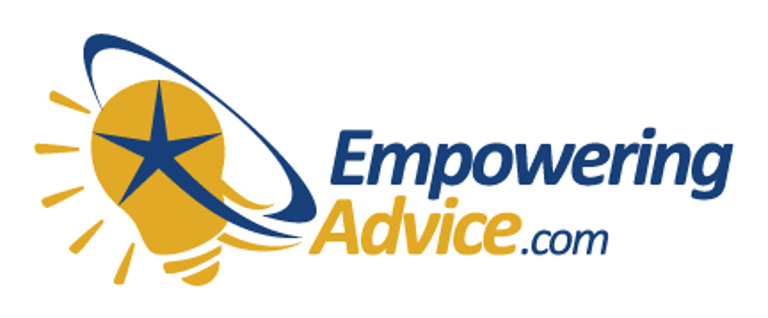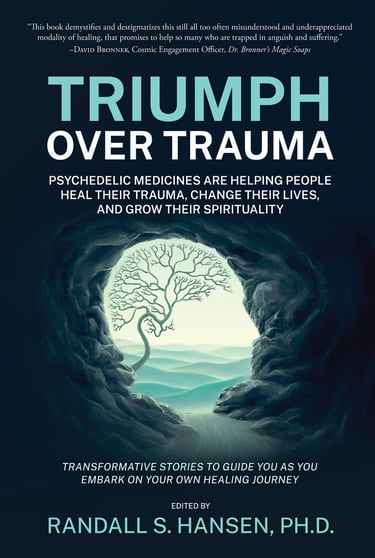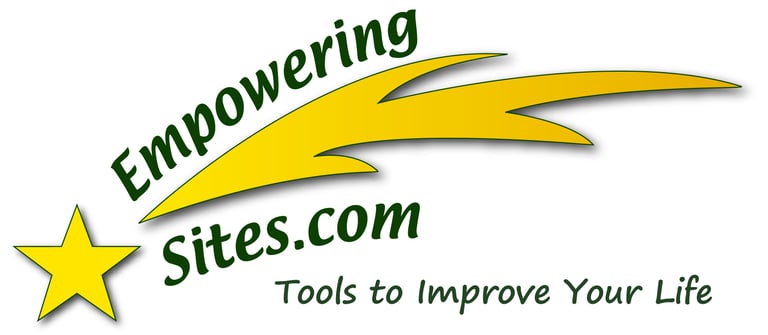Have an Idea for a Book? Check Out These Tips for Authors
After completing the publishing of my two latest books, Triumph Over Trauma and HEAL! ... I have learned quite a few lessons that I am sharing with all aspiring authors.
The biggest takeaway? Start as early as possible. Whether you are writing the entire book yourself or working with coauthors, the best thing you can do for your project is to start as soon as possible. You'll understand more when you look at the steps involved.
My project was complicated by the fact that I was finding, requesting, and reminding about 30 persons who agreed to share their stories for the book. I ended up with 23 stories because several people could not complete the work. Another 10 or so people simply were not ready to share.
What are the steps you need to take? First, let's do a quick look at your options for publishing your book:
Traditional publishing model: you work with an agent or directly market your work to one or more book publishers. The biggest problem with this model is that publishers are accepting fewer books AND publishing fewer books per year. For my first book back in 2023, one publisher told me the earliest it would be published is 2024 -- but delays could push it to 2025
Self-publishing model: you write the book and then work with several groups of people/companies to develop and publish the book. This article follows this model.
Self-publishing package model: you write the book (or hire a ghostwriter) and then hire a company that will do the rest for you, including editing, designing, etc. These publishing companies are often called vanity press because they usually include some number of "free" author copies mailed directly to you.
Self-Publishing Steps & Strategies
1. Find an Editor. Even as you just begin writing your manuscript, search out editing assistance. Note that there are several tiers of editorial help -- from the highest level of editing, which includes a full content edit (with suggestions on improving the copy and flow) -- to proofreading only, which focuses on finding and fixing missing words, typos, etc. Many of these folks offer packages, but they all become expensive quickly, as the base rates are per word or per hour.
2. Find a Web Designer. Without question, in today's book market authors need to be focused on the marketing as well -- and an author website or a book website is an essential part of your marketing package. The website should include promotional copy about the book, ways/links to buy the book, information about the author, and possible ways for updates/connections. For example, I set up a newsletter for pre-release notifications about when the book will be published.
3. Decide on Formatting. How many versions of your book do you want? I love hardbacks, but as a self-publishing author, I think the cost is too high -- but it's certainly an option. My sense is that most authors produce an ebook and a paperback; some splurge on audiobook versions.
4. Find a Book Designer. Unless you have strong graphic arts skills and the correct software for self-publishing, it makes sense to find a designer for your book. You can hire a designer for the cover, the inside pages, or both. My designer is doing the cover and the inside pages for both versions of my book -- both an ebook and a paperback.
5. Decide About ISBNs. ISBNs -- International Standard Book Numbers -- help to uniquely identify your book and facilitate the sale of your book to bookstores (physical and digital) and libraries. If you only want to publish through Amazon, then it will provide you with an "ISBN" -- but only one that works on Amazon. For the authors who want their book widely distributed, you need to go to Bowker Identifier Services. Bowker offers several packages, but at a minimum, you need to purchase an ISBN for each version of your book.
6. Acquire a Barcode. If you plan to sell a print version of your book, your cover will need a barcode that matches your ISBN. You can order both ISBN and barcode at the same time. Or, if you are like me and only bought the ISBNs, you can go to one of several websites (such as Online ISBN Barcode Generator) that will allow you to create a custom barcode for your book -- based on your ISBN. If you're only publishing an ebook, no barcode is necessary.
7. Consider Copyrighting. In theory, as you are writing and creating the manuscript, your work is protected by copyright. (Since 1989, U.S. copyright laws were revised per the outcome of the Berne Convention, making any written works legally protected the minute you put pen to paper.) Thus, while obtaining an actual copyright is not a required element for publication, having one will add more legal protection, and credence, to your work. Submit your application to the U.S. Copyright Office -- or use one or more services that will assist you in the process, such as CopyrightsNow from Bowker.
8. Create an Account with Amazon, SmashWords, Draft2Digital, or IngramSpark. Most of the experts I follow recommend distributing your book through IngramSpark -- because it is the major distribution company in book publishing... and your books will get on Amazon and all the other booksellers via IngramSpark. Again, if you are only publishing an ebook or only want to sell through Amazon, then just use Amazon -- which has some pretty wonderful services for authors through it KDP program. Personally, since I am producing a paperback and ebook, I went with IngramSpark for the paperback and Amazon and Barnes & Noble for the ebook. Draft2Digital was a close second for both editions.
9. Find Relevant People for Book Blurbs and Early Reviews. Everyone loves reading reviews, whether they admit it or not, so your goal is to find a list of 20 or so popular/opinion-leader folks who will consider reading an advance copy of your book and write a blurb supporting the book -- which can then be used on the cover of the book, on inside pages, and in your marketing. I say 20 because about half will turn you down or not be able to get it done by your deadline. You can use these blurbs on/in your book, on your website, and even on your book-sales pages.
10. Develop Marketing Materials, Marketing Strategy. The biggest disadvantage you have with self-publishing is that you don't have a Random House or HarperCollins pushing your book through the pipeline; you need to do that stuff yourself. What should be in your marketing plan?
Social media posts, starting weeks before publication to build excitement, push preorders (if you go that route).
Podcasts, as far and wide as possible. Make connections with the podcaster and market your way into an episode by making a solid, personalized pitch. Once you have one podcast, others will follow.
Make sure your website has proper SEO and is in all the major search engines.
Consider creating some useful how-to or other videos for YouTube, TikTok, etc.
Promotional campaign, with book signings, speaking gigs, and press release.
Cultivate relationships with media for articles, book reviews.
Create an Amazon author's page.
Targeted ads on Amazon and relevant social media.
Seek out book reviews from friends, family, associates.
Final Step: Upload/publish your manuscript.
Final Thoughts on Self-Publishing
Self-publishing these days takes a lot of skills -- and a big community!
Obviously, the book is the most important element, and you will want to spend a great deal of time with the research, writing, editing, and proofing. Personally, if you are looking to have your book make a statement, then also invest the money in a book designer; best money ever spent.
But be prepared for a lot of task-switching -- going between writing, finding a designer, creating a website, building relationships with people who will support your book, deciding on publication choices, and developing marketing materials.
Wishing you much success! And look for my books on Amazon, Barnes & Noble, and Audible.
Useful Self-Publishing Links


Dr. Randall Hansen is an advocate, educator, mentor, ethicist, and thought-leader... helping the world heal from past trauma. He is founder and CEO of EmpoweringSites.com, a network of empowering and transformative Websites, including EmpoweringAdvice.com.
He is the author of the groundbreaking Triumph Over Trauma: Psychedelic Medicines are Helping People Heal Their Trauma, Change Their Lives, and Grow Their Spirituality and the well-received HEAL! Wholeistic Practices to Help Clear Your Trauma, Heal Yourself, and Live Your Best Life.
Dr. Hansen's focus and advocacy center around true healing ... healing that results in being able to live an authentic life filled with peace, joy, love. Learn more by visiting his personal Website, RandallSHansen.com. You can also check out Dr. Randall Hansen on LinkedIn.






